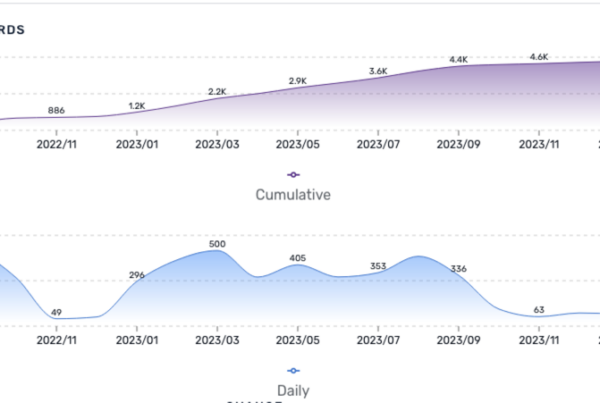Rough draft.
The deeper I get into Japanese, the more I realize that how much language and culture are intertwined with each other.
Learning Japanese is not about learning how to say what I naturally say in English, using Japanese words and sentence structures.
No — the process of learning Japanese is to learn what the Japanese say, when trying to express a certain Japanese idea, shaped by their Japanese perspective.
There are many things that don’t just cross over. Plenty of things you can say in Japanese that you’d never say in English, because it doesn’t belong to modern western culture.
The “language” we learn in textbooks can be only good for the basics, and sometimes as a reference. But even then — with all its rules and exceptions — it’s shit. I’ve seen time and time again that, as I get closer to an intermediate level, I’ve only ever been confused and held back by structured courses.
Here’s a key idea: Grammar is an way to roughly *describe* how a language works, to someone who doesn’t speak it — it is not the rulebook for how the language is spoken or written.
All these rules are a crutch, created so that foreigners have something relatable to start with, and slowly build a bridge towards Fluent Land. It tries to explain to them, in terms they understand, how a foreign language relates to it.
But this is the wrong approach. There is no “bridge” to fluency. You have to wade the waters yourself.
There are many ways to become acquainted with the basics of a language. But I’m realizing that by the time you start to form sentences, revisit the absolute basics again.
Consider, for example, the wa and ga particles in Japanese. Even with these fundamental building blocks of every single sentence in Japanese, there isn’t really a parallel in English. And there are so many cultural nuances that go into understanding how these particles work.
The only way to become fluent is to live the language.
I now also realize why I didn’t get truly comfortable with French, despite my large vocabulary. I got stuck at the textbook level. I didn’t start immersing myself early enough in REAL French content. And now I also understand why my Chinese sounds so fluent, even though in fact my vocabulary is very limited. It’s because, whatever I did learn to speak, didn’t come from textbooks. I acquired it from my friends.
It reminds me of the French foreign legion, made up of soldiers who come from all countries, who have to learn to speak French within a 6 month BootCamp. The way they do it is through immersion, and an absolute prohibition on speaking any other language. They said that while they do have an official French “class,” 95% of the French they acquired was from context, like a baby: if the sergeant gives an order, and the francophone in the team starts doing push ups, get down and do push ups too. After a few occasions, you’ll know how to say push ups in French. Make that environment up 24×7, and you quickly acquire all the common words and grammar patterns (while also collecting crumbs in the formal class).
